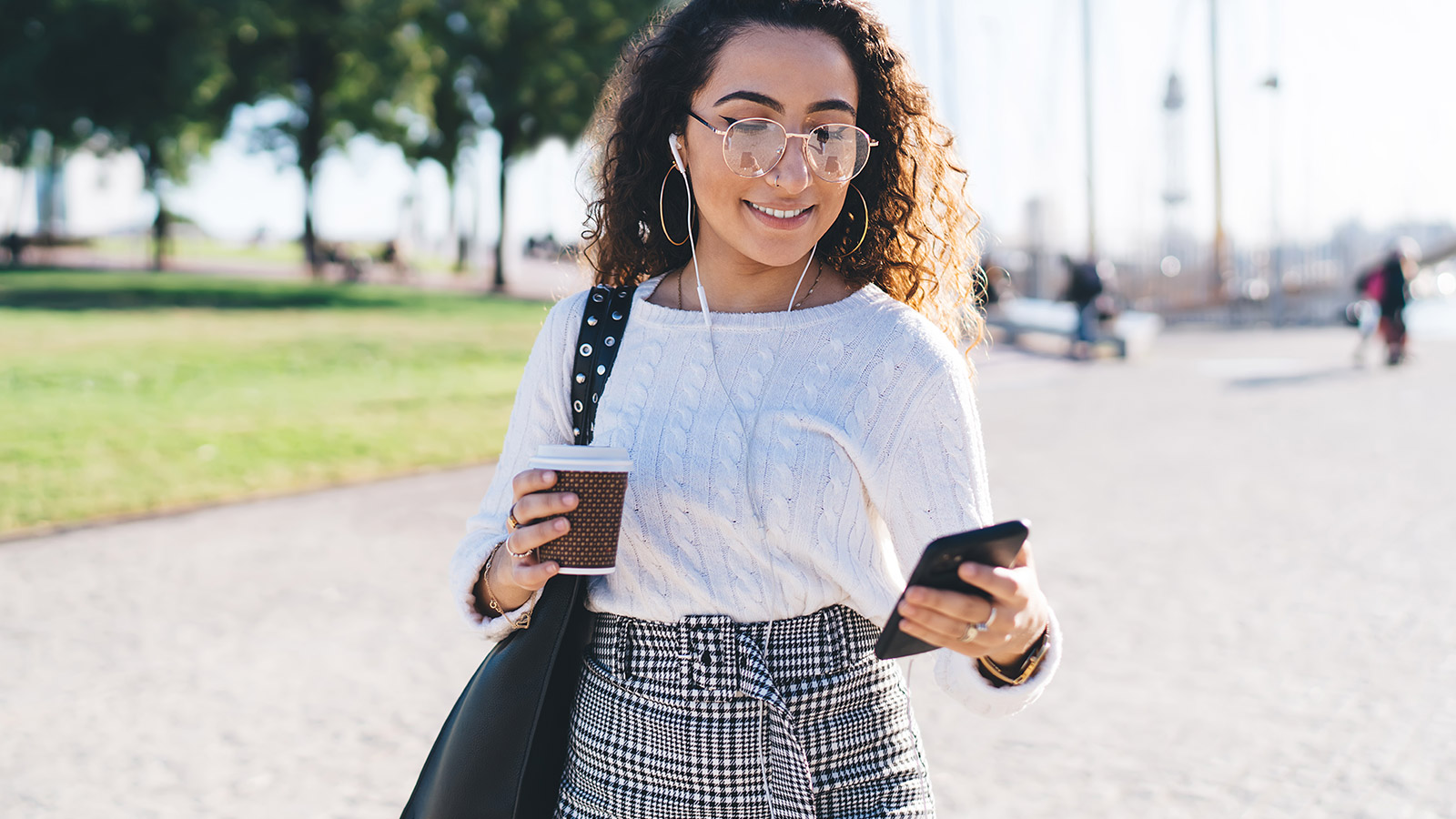
The increased sophistication of mobile devices makes them great for people to easily connect anywhere and at any time. Yet the technology also makes them lucrative targets for cybercriminals if they aren’t properly secured.
Mobile devices — like laptops, smartphones, and tablets — are packed with personal, highly valuable information, from photos and videos to financial, health, and location data. It’s vital to secure mobile devices to minimize the risk of this data being stolen and the user’s identity being compromised.
Cybercriminals are always looking for new methods and new targets to steal personal data. They might create an app that infects mobile devices and scoops up private information. Or they might exploit video and videoconferencing tools that aren’t appropriately protected or are connected to insecure Wi-Fi connections.
Connecting to video securely on mobile devices
Video calls are increasingly important for people to stay in touch. But it’s crucial to ensure that the video app you use is safe and that all parties are connected to secure and trusted networks.
A few best practices for connecting securely on mobile devices include:
- Actively manage location services: Using a location tool is useful for many reasons, such as navigating when driving or walking around a new town. However, this tool can also pose a security risk by exposing the user’s location. We recommend turning off location services when they are not necessary.
- Switch off auto-connect: Some devices automatically try to connect to available networks and Bluetooth connections. While leaving Bluetooth on can enable devices to communicate with accessories like headphones or car entertainment systems, these can be easy targets for hackers. Make sure to disable these features when you aren’t using them. Wise up to Wi-Fi hotspots: Wi-Fi hotspots and free Wi-Fi connections in cafes or hotels are inherently insecure since they are open networks available to anybody — including hackers. Avoid using these connections for video calls and never share personal information or make purchases on them. When you need to access the internet outside of your home, try to use a virtual private network (VPN) as a personal hotspot to connect securely.
- Get app smart: It’s not just devices that can leave users exposed, but also the apps that they download. It’s therefore important to only download apps from trusted sources and, even then, review and understand details about an app before installing it. Keep in mind that some apps can request location and personal information, so don’t provide this information unless it’s from a trusted source. It’s also a good security practice to delete any apps that you don’t use regularly.
How Vidyo keeps users safe on any device
VidyoConnect enables users to attend high-quality, secure video conferences from anywhere with standard broadband internet connections.
VidyoConnect utilizes leading security features, such as:
- Secure Real-time Transport Protocol (SRTP) media encryption
- Federal Information Processing Standard (FIPS) 140-2 certified libraries
- A secure HTTPS login that utilizes an industry-standard PKU
- Password hashing
- Encrypted token technology.
Vidyo was developed with secure technology as its backbone. First and foremost, our vision was to make sure that your meetings remain private and your customer data is safe and secure. Vidyo has been recognized for its stringent security standards by healthcare, financial services, technology and government organizations around the world. For more information about how Vidyo can keep your users safe on any device, download our security whitepaper.
